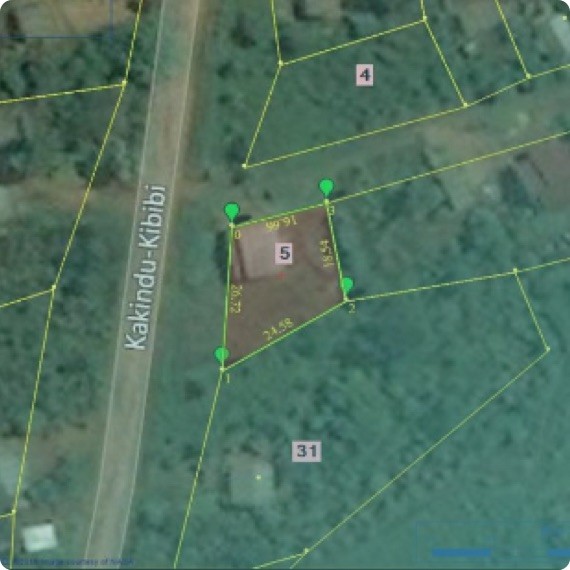Improving Land Tax Collection - Uganda as a Prime Example
Countries across the globe are encouraging their Local Governments (LGs) to explore ways to improve revenues from their land tax collection systems.
One major reason for such interest is swift urbanization throughout countries like Uganda. Another reason is the growing pressure for public services by people living in the city. There have been some reforms in Uganda regarding property tax that have boosted identification rates as well as property evaluation.
While these have certainly strengthened the base of property tax in the nation, several local governments or LGs still struggle with some challenges of land administration such as lesser collection. This is mostly due to insufficient compliance.
Challenges of Land Administration Faced by Local Governments
In this post, we examine the issues being experienced during land tax collection in Uganda, and some ways in which these can be overcome while maintaining higher collection rates with a more citizen-oriented approach.
First, let us take a glance at some of the land tax enforcement measures undertaken in Uganda -
● Releasing demand notices
● Imposing interest or fines on late payments
● Taking action to ensure recovery
● Concise warrants
● Recovering from occupants and renters
● Restricting the transfer of land with debts
What are the Issues in Property Rates Enforcement?
Regardless of the range of alternatives available for enforcement, a majority of local governments prefer sealing off lands that have arrears. That’s because it seems as the option that evokes the quickest response, and it has increased land tax collection and abidance.
However, it comes with multiple problems for the LGs, including making decisions regarding which properties to seal and other details such as when and how to do so. This issue is amplified by limitations such as differences between the dimensions and nature of numerous lands and the lack of proper cadastral mapping without the European global navigation satellite system or other GNSS.
Certain situations have politicians attempting to distort the compliance procedure under the pretext of providing assistance to their consultants. This weakens the ability of local governments to improve revenues.
There are also many reasons why local inhabitants have never been in favor of LGs sealing off property, including these mentioned below -
● Quite a few local government officials have been accused of collecting revenue from places that are not obligated to pay tax or arrears.
● Those who have been paying LGs feel suspicious of these taxes and claim that they already end up paying several taxes that are not clearly explained by the government.
● A majority of these taxes are gathered by the national revenue collection body, which leaves taxpayers confused as to why their local government is authorized to gather from the same base as them.
What Governments Can Do to Improve Land Tax Collection
No matter how well-timed or decently carried-out enforcement operations are, citizens are unlikely to react kindly to them. Therefore, such tasks often face obstacles, which local governments can attempt to overcome by giving the following approaches a try -
1. Monitoring Relations
Taxpayers are divided on the basis of villages or blocks, industries, or sectors. Those who have multiple properties under their names are allotted a separate municipal official. These officers are appointed to build and maintain relationships with their clients, learn more about their use of the lands they own, decide payment modes, and make sure the services they require are delivered in a timely manner.
2. Implementation by a Third party
This is generally carried out by court bailiffs who are appointed via a procurement procedure. When a taxpayer owes payments and has to serve due to payments, they are provided a final date to make their payments after which they are notified of potential consequences that will be arranged by enforcement authorities.
3. Participation of Political Representatives
Local politicians are included in land tax administration by having them organize sensitization campaigns or the mobilization of collections, and they are offered suitable compensation in exchange.





Comments
Post a Comment